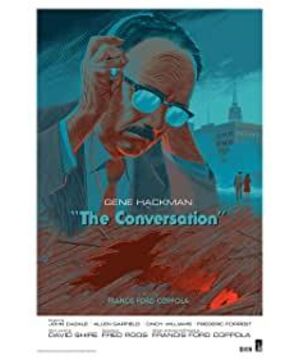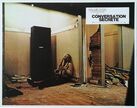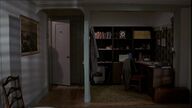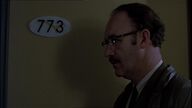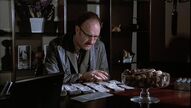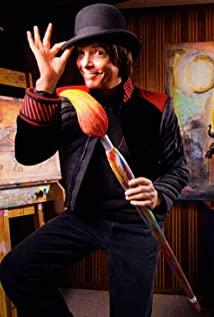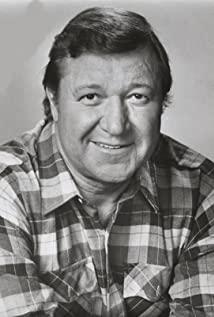The core truth of this movie: Power comes from the barrel of a gun
Because the strength of the Russian father is still there, there is a great possibility of a sequel
The wonderful story is highly compressed in the way of third-person narration. In fact, the filming is longer, and even a TV series will be very good.
Guns still have to lead their own team, mercenaries are unreliable. This is also true of the Jew from Godfather II. Why are the Jews doing this?
Politicians are not involved much in this film, the space is limited, and the declining aristocracy and Russian oligarchs are a little representative.
The British aristocratic schools in the movie are often filled with descendants of declining nobles, corrupt foreign officials and even gang leaders. Children of this good family have to learn badly when they go there.
View more about The Conversation reviews


